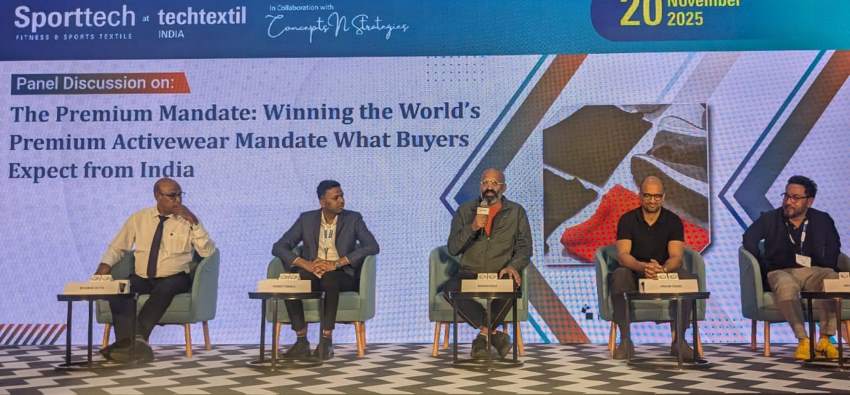
India's polyester industry is at a crossroads. Even while domestic production of essential raw materials like Monoethylene Glycol (MEG) is increasing, there is significant reliance on imports. This dependence has now sparked a trade dispute, with Reliance Industries Limited (RIL), a domestic production giant, leading the charge against alleged dumping practices by exporters from Kuwait, Saudi Arabia, and Singapore.
A delicate balance
The polyester industry is heavily reliant on MEG and Purified Terephthalic Acid (PTA). As detailed in "India's Polyester Raw Material Landscape: A Tightrope Walk Between Domestic Products and Imports," domestic production, though growing, struggles to meet the surging demand. This gap necessitates substantial imports, creating a complex interplay of domestic and international forces.
The allegation of unfair pricing
Reliance Industries, through the Chemicals and Petrochemicals Association of India (CPMA), has filed an anti-dumping petition with the Directorate General of Trade Remedies (DGTR). The CPMA contends that MEG originating from Kuwait, Saudi Arabia, and Singapore is being sold in India at prices significantly below those in their domestic markets, causing ‘material injury’ to Indian producers. This claim hinges on the price disparity between domestically produced and imported MEG. Statistics show imported MEG is priced lower than its domestic counterpart, potentially undercutting Indian producers and impacting their profitability.
Meanwhile, the DGTR has initiated an anti-dumping investigation covering the period from April 2023 to March 2024. The investigation will scrutinize trade data, production costs, and pricing practices to determine whether dumping has indeed occurred. If the DGTR's findings support the CPMA's claims, anti-dumping duties could be imposed on MEG imports from the implicated countries.
Balancing industry interests
The outcome of this investigation holds significant implications for various stakeholders:
Domestic producers: Anti-dumping duties could offer a lifeline to domestic MEG producers like Reliance, potentially levelling the playing field and safeguarding their market share.
Downstream industries: Increased import costs due to duties could squeeze margins for downstream industries reliant on MEG, such as textile manufacturers. This could, in turn, affect their global competitiveness.
Consumers: Ultimately, higher production costs could translate to increased prices for end consumers of polyester-based products.
This anti-dumping investigation reflects the intricate dynamics of international trade. While free trade is generally encouraged, safeguards exist to protect domestic industries from unfair pricing practices. The DGTR's investigation will need to carefully weigh the evidence and potential consequences before reaching a decision.
Indeed, India’s polyester industry faces challenges as it walks the tight rope between cost-effective raw materials and protection of domestic producers. The DGTR's investigation into alleged MEG dumping is a crucial step in navigating this complexity. Its findings will significantly impact the future of the industry and its various stakeholders.












